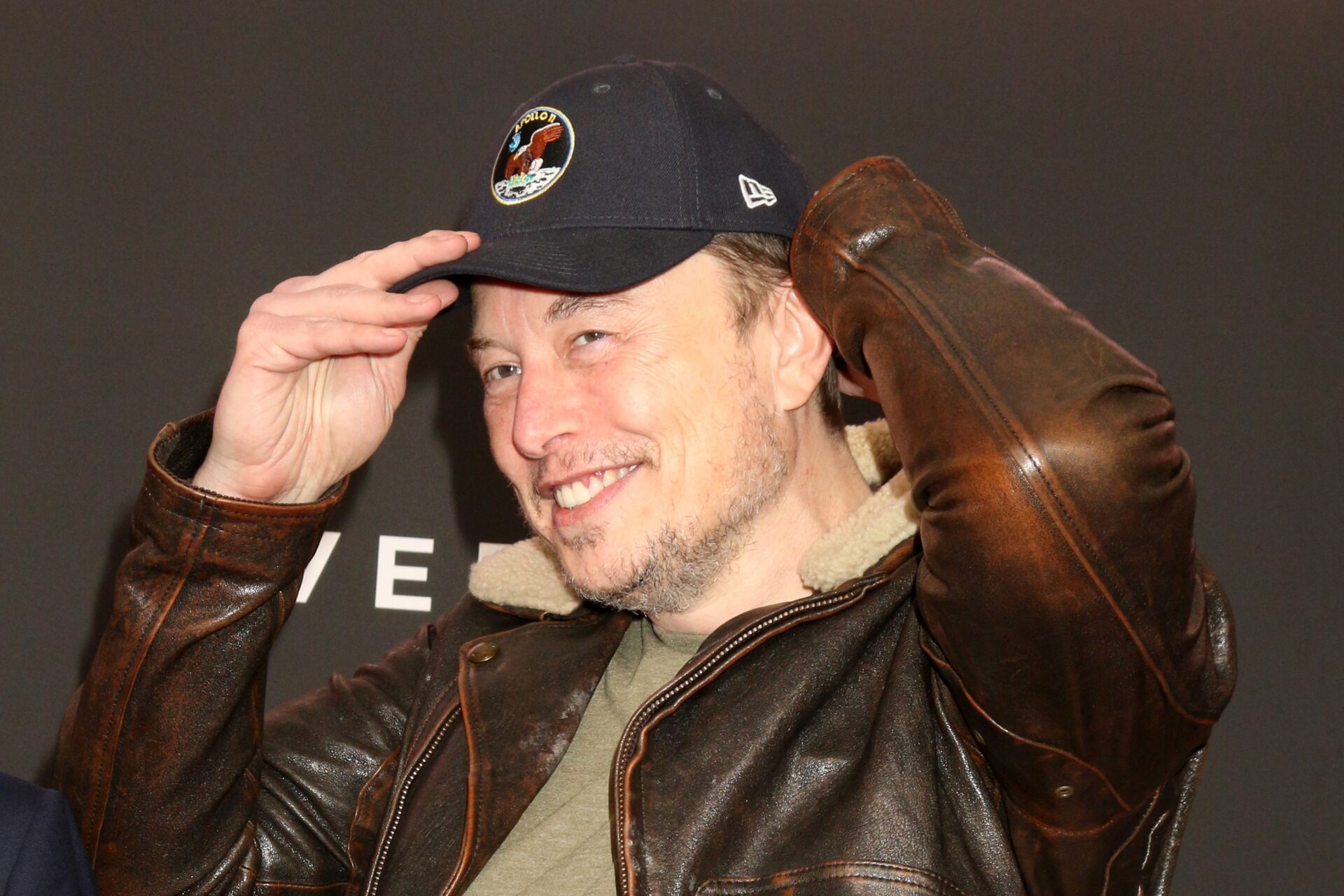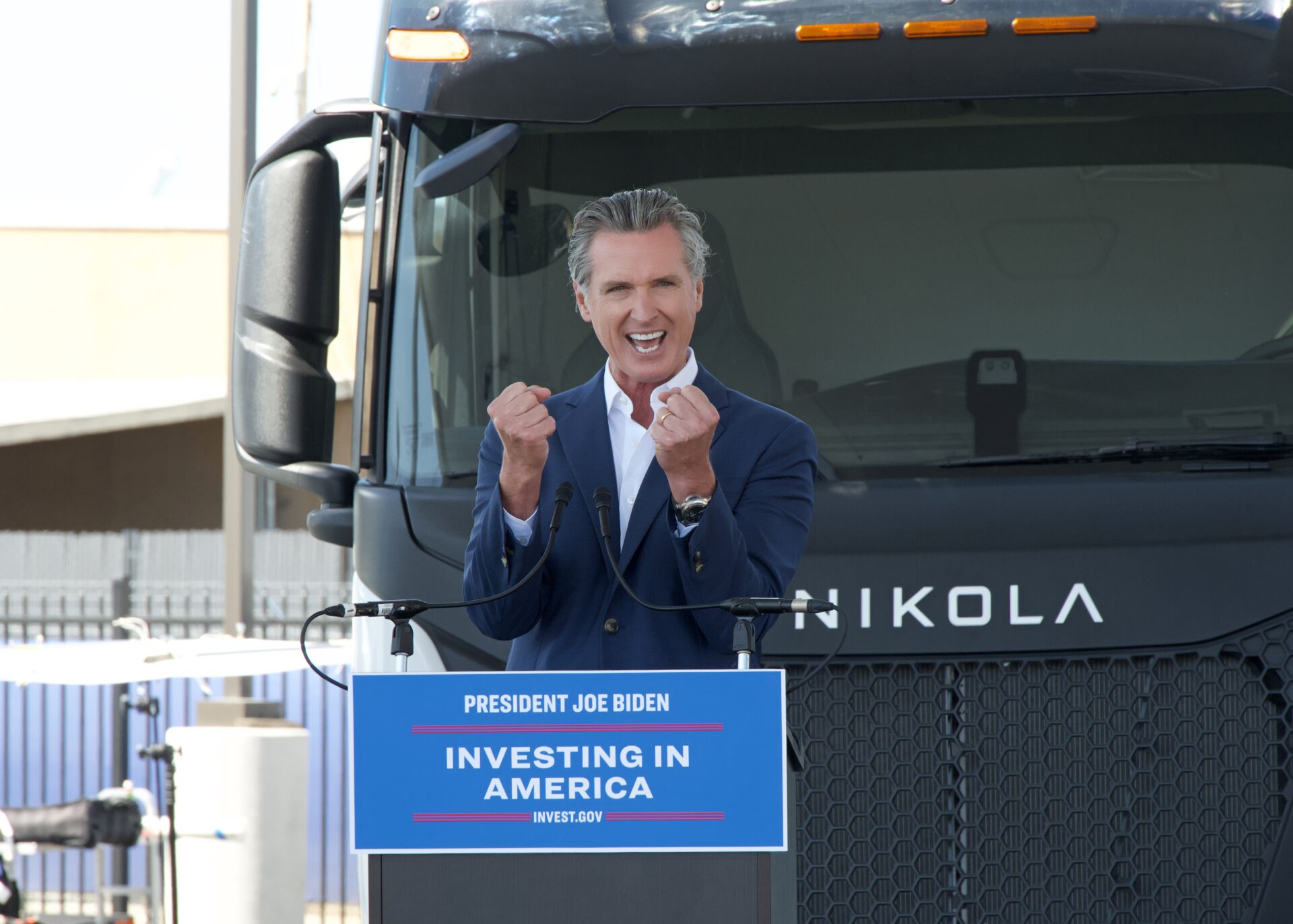
Musk – Macrohard or MACROHYPE?
Elon Musk has launched Macrohard, a new AI-driven venture under xAI designed to simulate Microsoft’s operations, raising questions about the scope and risks of his expanding empire.
At a Glance
- Musk announced Macrohard on August 23, 2025 as part of xAI
- The company seeks to simulate software giants using AI coding agents
- Industry analysts see intensified competition with Microsoft and OpenAI
- Observers question Musk’s ability to manage multiple ventures simultaneously
- Regulatory scrutiny may increase as AI automates complex corporate functions
Ambitious New Challenger
Macrohard was unveiled by Musk on August 23, 2025, as the latest in his series of high-profile technology bets. Positioned under xAI, the venture aims to replicate and potentially outperform established software firms such as Microsoft through the use of generative AI. At the core of this plan are hundreds of specialized agents trained to perform software development, management, and systems integration tasks at scale.
The project builds on xAI’s prior initiatives, including the Grok chatbot and the Colossus supercomputer, which Musk promoted as alternatives to offerings from OpenAI and Meta. Musk described Macrohard as a step toward achieving company-scale automation, where AI systems would not only assist human programmers but operate with a degree of independence comparable to corporate divisions.
Watch now: MacroHard: Elon’s Insane Plan to Change Work FOREVER
Industry Context and Competition
Musk’s announcement immediately drew attention from competitors and regulators. His past ventures illustrate a pattern of entering entrenched industries and forcing adaptation, as Tesla did with the automotive market and SpaceX with aerospace. Yet in this case, the target is one of the most established names in global software: Microsoft.
Industry analysts note that the rivalry is not just commercial but also personal. Musk left OpenAI in 2018 after disputes about its direction, and Microsoft subsequently became OpenAI’s largest backer. Macrohard represents a direct attempt to challenge both of those institutions. If successful, the venture could accelerate the use of AI in automating corporate structures, potentially altering how large technology companies function.
Implications and Risks
The launch raises several immediate implications. Talent acquisition is one: major firms such as Microsoft, Google, and Meta could face increased competition for skilled AI engineers. A second concern is the question of Musk’s managerial bandwidth, as he continues to lead Tesla, SpaceX, Neuralink, xAI, and now Macrohard. Investors and observers have repeatedly debated whether his multitasking strengthens his companies through cross-pollination of ideas or strains his ability to execute.
Regulators may also intensify scrutiny as AI systems take on roles traditionally performed by human employees. Automating corporate operations could lead to significant job displacement in software engineering and administrative fields. Economists warn that the shift could reshape labor markets, while policymakers may seek new frameworks for governing AI-driven enterprises. For incumbents, the pressure to innovate will likely increase, with Microsoft in particular facing challenges to its market position if Macrohard proves viable.
Sources
Business Insider
Teslarati
Bankrate
Madison Trust
YouTube


